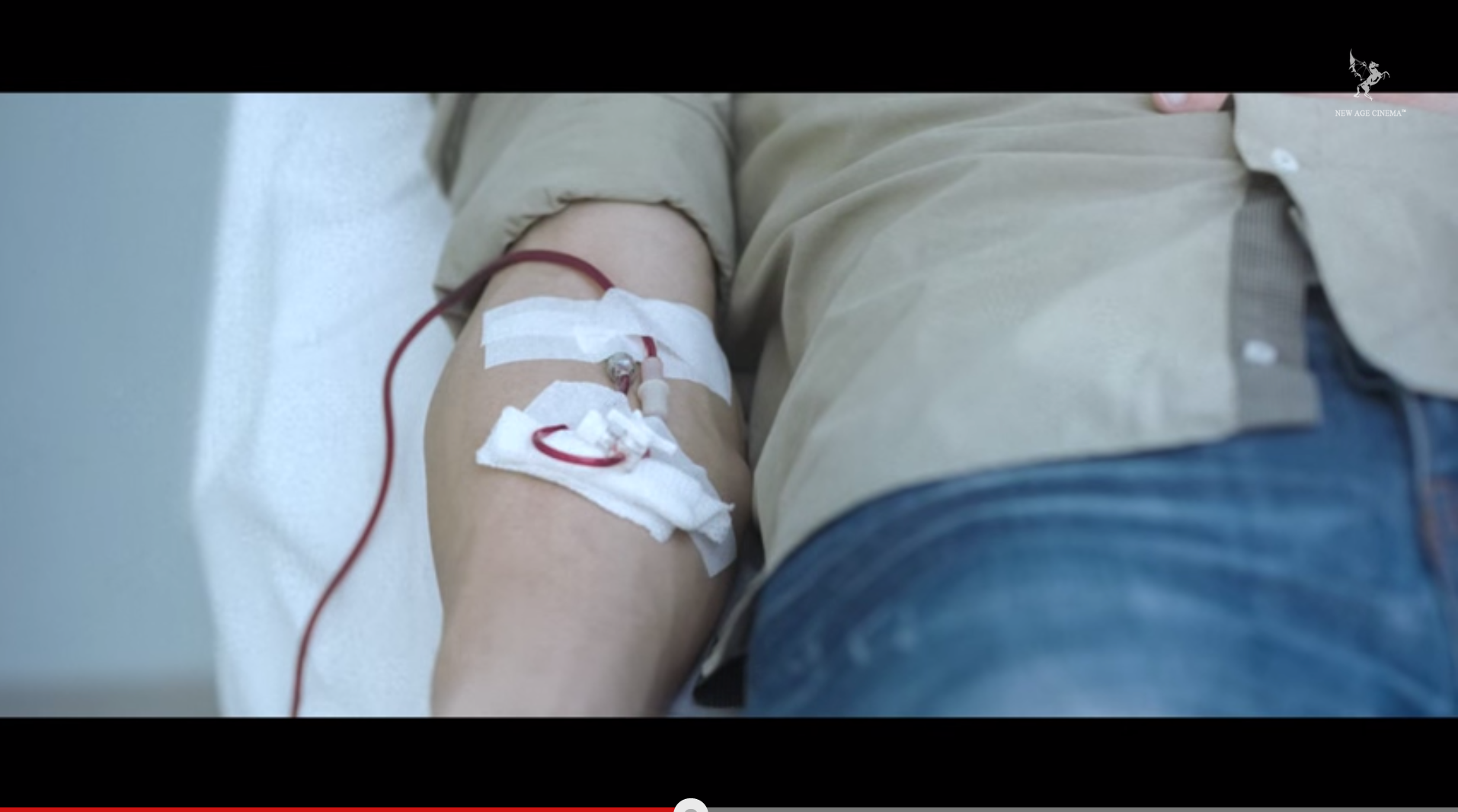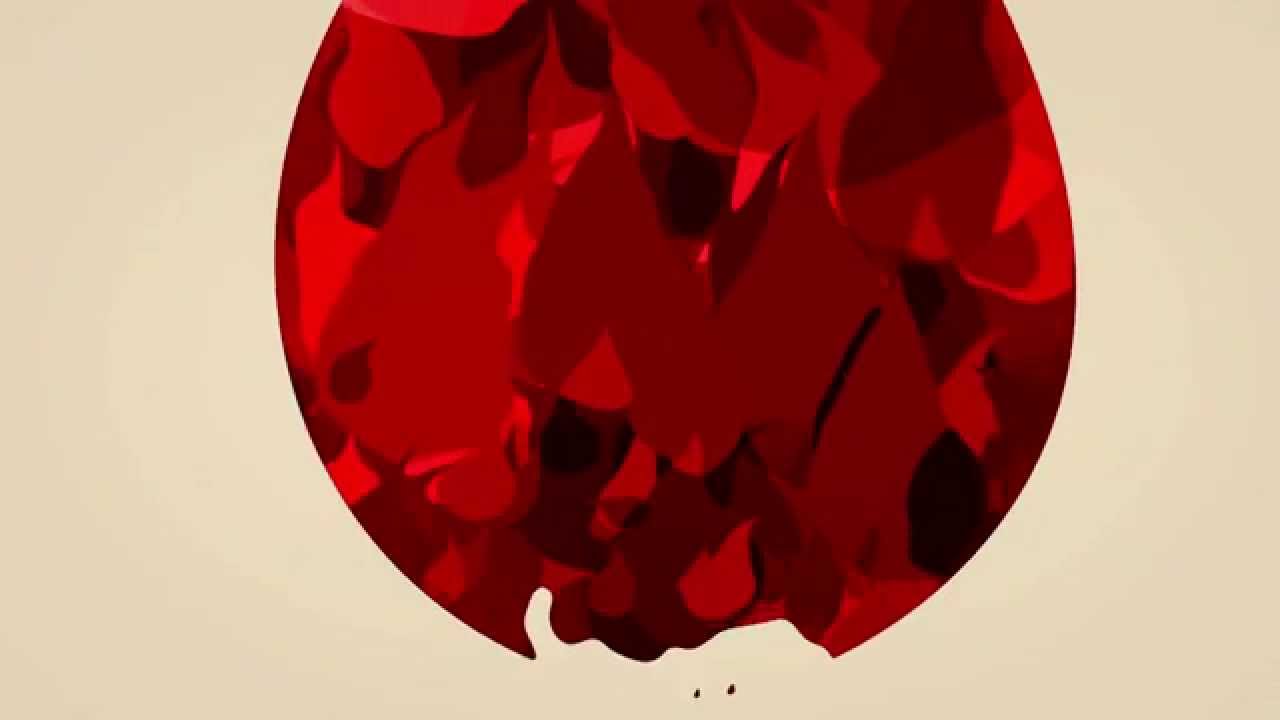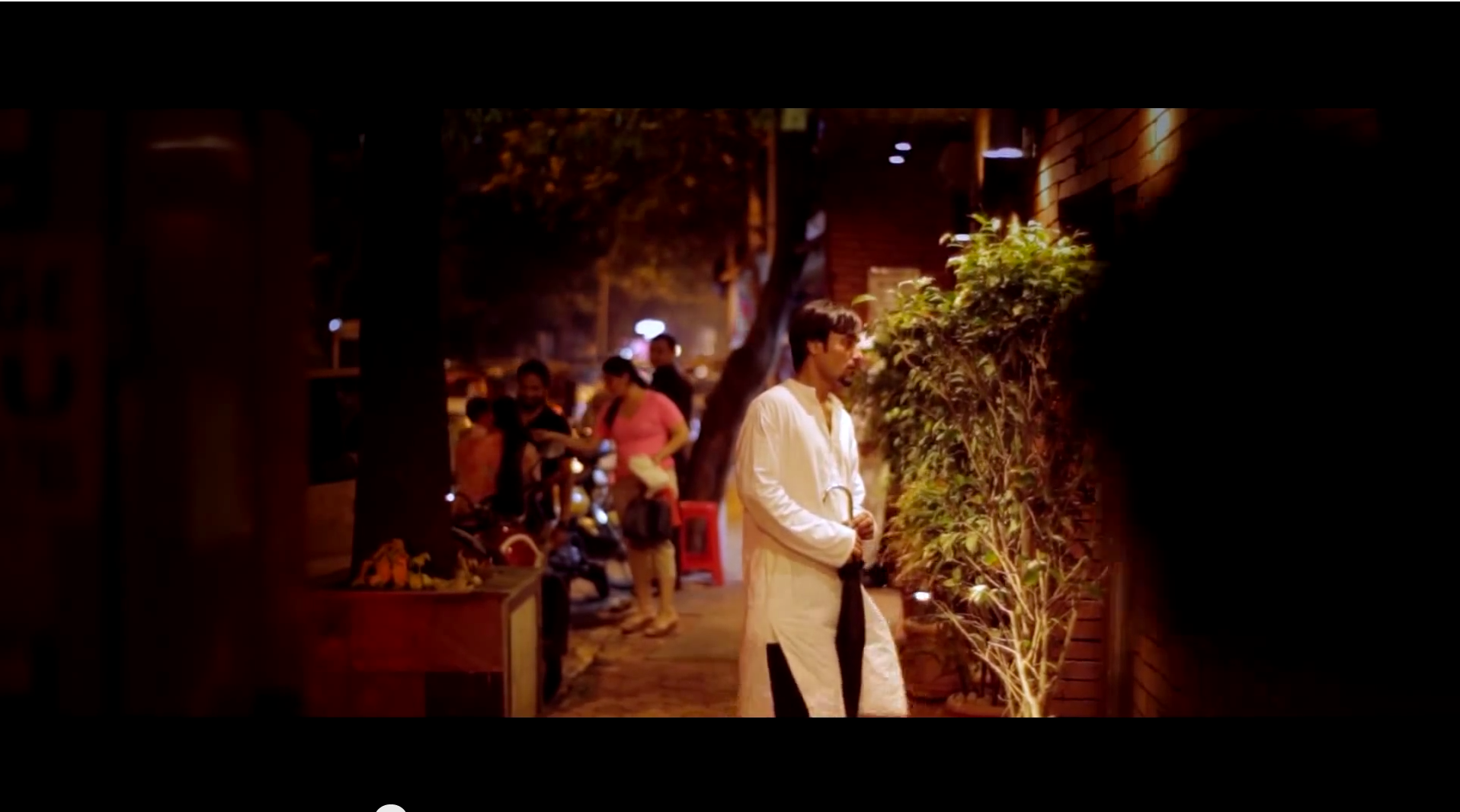The Blood Barrier: The Qualms Keeping Us From Donating Blood
The term ‘blood donation’ at once sends images of needle pricks, blood bags, IV injections and the colour red spinning through our craniums. It is unfortunate to see that many people in India, educated or otherwise, hesitate from donating blood. The barrier of fear holds many of us back from donating blood. One might wonder where this apprehension stems from. The answer then, like in many other bizarre customs of India, is ‘ignorance’. ‘Ignorance’ is what gives way to fear and baseless myths.
Even others, who are fully equipped with proper knowledge and have no qualms about blood donation, don’t prioritize the act.
Whatever be the reason, somewhere, someone might just die due to a shortage of blood. Yes; just as some amount of our blood can save lives, the opposite is equally true; i.e. by not donating blood, we are in a way contributing to the shortage of blood in this country.
Myths and Whatnot
Distorted facts, incomplete knowledge and fear blend amazingly to give rise to many myths that stop us from considering blood donation. Some may seem downright absurd, but some have indeed gained ground by widespread misconceptions. Here are just a few:
“Donating blood will make you ill”: Wrong. Slight rest might be needed, but with enough intake of fluids and a proper diet, there should be no problem.
If you do not have any medical illness prior to blood donation, you will be fine. The only pain that is felt is from the needle prick, and some slight soreness in very few cases. Still, if one is not sure if he is healthy enough, they needn’t worry. Every time you go to donate blood, there are doctors who will compulsorily check your height, weight (Body Mass Index), haemoglobin (Hb) or blood pressure. Once they are satisfied with the result that deems you healthy enough, only then you are allowed to make a donation. The people collecting the blood for transfusions are indeed very concerned about your health. Trust them. If not in their humanity, have faith at least in the fact that they won’t want any wronged donor, suing them for overlooking proper medical procedures.
“If you donate blood, it means less blood for you”: Wrong. Only about 400 ml of blood is taken from a donor at a time. Plus the body makes new blood cells after every donation. From the age of 18 to 60, it’s perfectly okay for you to donate blood (if you are otherwise healthy) The Red Blood Cells (RBCs/erythrocytes) are regenerated within 3-4 days and the White Blood Cells (WBCs) within 3 weeks.
“Girls can’t donate blood”: Wrong again. Can’t we have one area without gender discrimination? There is not much base to this myth, except because of the whole mind set of Indians towards the ‘menses’. Yes, a girl might feel weakness during her menses. But if she doesn’t, and is not anaemic (a person having low Hb count due to iron deficiency/ other reasons, can be generally termed as an anaemic), she can donate blood.
“After the standard tests for blood donation, you can tell if you are or aren’t HIV positive”: Unfortunately, wrong again. The HIV and certain other viruses take a lot of time to develop into infections that can be medically diagnosed; so while donating, your results might say HIV negative but there’s a chance you might be HIV+ and then you’d be transferring your virus to the patient too. Thus, while donating, one needs to be very sure about oneself. One must always make sure to reveal if there might have been a possibility wherein he/she might have been infected with some virus.
Get yourself properly checked, just in case, before donating. Thus, you’d be preventing the virus from spreading further. It may seem far-fetched or paranoid, but then again, prevention is better than cure.
The Need for Blood
“Maybe we don’t necessarily need to donate blood. Probably there are many gallant heroes out there already meeting the task.” If you do think this, then you’ve got only one aspect correct: that the ones donating blood are indeed gallant heroes, considering the circumstances.
Blood is regularly needed for accident cases. Indian roads can very easily turn out to be one of the most dangerous places. Records have stated a death every 4 minutes due to a road accident in the country. Besides this, cancer patients (leukemic), along with many other diseased people, quite a many times, require blood transfusions. For instance, people who are diagnosed with dengue might be in need of blood (for the platelets).
Plus there are many blood related diseases which call for a fresh supply of blood after frequent intervals. Diseases like Myelodysplastic syndrome, various kinds of anaemia, and most genetic disorders, like Thalassemia, all require the patients to be supplied with blood frequently. Now let’s calculate how much blood, say, a thalassemic person might need. Let’s consider a person (thalassemic) whose life spans 20 years. Each year has 12 months in it. In each month, the person requires blood at least once. So we have 12*20=240 times the patient would be requiring a blood transfusion to regulate his body. In a population of over 1.2 billion, thalassaemia(wherein the oxygen carrying capacity of the RBCs fail, and a blood transfusion is required at regular intervals) alone affects over 100,000 Indians. Now multiply a 100,000 Indians by their necessity of blood transfusions, 240 times. We get 24,000,000 times in 20 years, so in 1 year about 1,200,000 times, there is a need for a blood transfusion for just the thalassemic patients. If we start adding the accident cases, other medical conditions and the enormous amounts in which blood is needed by them, the figure will be huge. Compared to that, what a healthy donor can donate at a time is very less. If the maths is getting too complicated, just rest assured that the amount donated, is still less than the amount required; and the gap between the two, varies in various cities of India. Some patients are lucky enough to get donors; some are not.
So, one must always remember that he/she is needed. Any contribution, big or small, is always of much help.
Risks
There is the slightest chance that if you do donate, you might be at a risk of getting infected. But that happens only if proper precautions have not been taken. The needles, in general are sterile at all times and certain protocols are followed in all blood banks to ensure the utmost safety in these procedures. But just in case, to avoid such situations, always make sure that whoever is taking your blood, opens fresh needles in front of you. Make sure that the people handling your samples are wearing gloves.
A donor’s responsibility must be to openly disclose any medication or drugs he might have consumed or contacted, and answer all questions truthfully. Many refrain, thinking that answering questions like whether or not they have been using drugs might stain their ‘reputation’ , and so reply otherwise, even if they have done so. What one needs to understand is that when you are donating for someone’s life, if it’s not done right, you might just be responsible for someone contacting some deadly virus. Many a times, some patients (requiring blood), get further infected by some other blood disease during the transfusions. Imagine their frustration: if they do not take the transfusions, they will surely die, and if they do take these transfusions, they always run the risk of being infected by some virus (might be from the donor or from the needles).
Need for Change
Various governmental/non- governmental organizations (NGOs) like the Indian Red Cross Society, Rotary’s Projects, NACO (National AIDS Control Organization), The No-Thalassaemia Initiative and many other blood donation campaigns are working hard to make blood available in ample quantities and with as much ease as they can manage, to patients while simultaneously trying to create awareness about the need for blood donation.
Now, it’s our turn to come together, break free from these absurd myths, take proper precautions, let go off our hesitations, be a little less selfish and donate blood. As the popular line of the blood donation campaign goes…”karke dekho, achcha lagta hai’ (try it, it feels good). A small contribution from you can save a person’s life.
[Image attribute: Priyanka Dasgupta]


